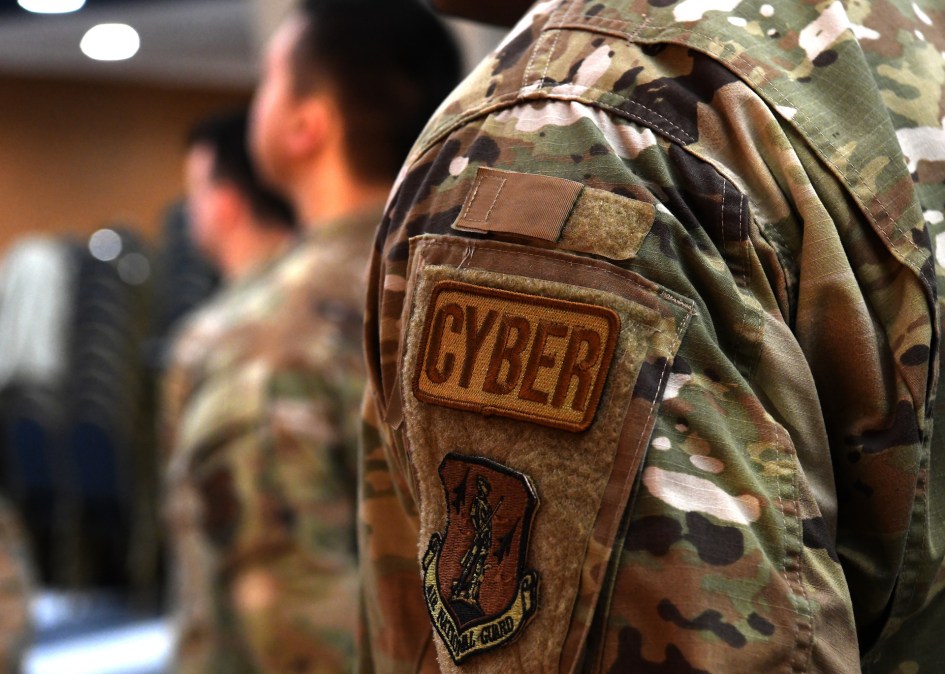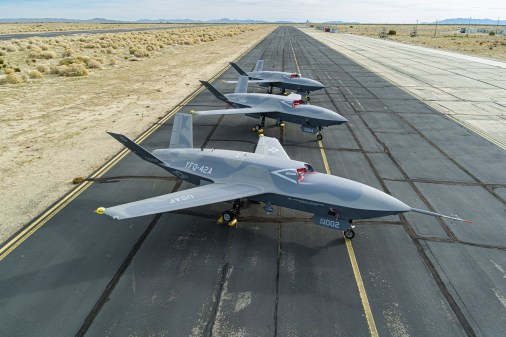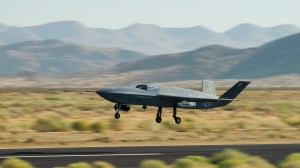Now is not the time for a new cyber service

Cyber threats and capabilities are escalating in frequency and complexity at an unprecedented rate. To counter and prevail over current and future threats to our nation, the Department of Defense (DOD) must improve the design, development, and deployment of the most capable cyber force in the shortest time possible. While some believe establishing a cyber service is the answer, now is not the time … the threats are too great, the costs are too high, and the results can be achieved quicker utilizing the authorities U.S. Cyber Command already possesses.
Influence operations, ransomware attacks, and intrusions into critical infrastructure represent recent examples of the increasing threat malicious cyber actors pose to our national security. U.S. Cyber Command has responded to these threats by conducting operations continuously and building closer partnerships across the public and private sector to address these challenges. Recognizing the capacity and capabilities that military cyber forces bring to continuous campaigning against our adversaries, Cyber Command was granted new authorities. The command can now dictate training and certification standards for all of DOD’s cyber operations forces. Additionally, Congress authorized Cyber Command to exercise broader acquisition and budgeting powers this fiscal year. These authorities allow the command to manage and execute its own budget and run acquisition programs tailored to developing cyber capabilities in a rapidly changing environment.
However, despite these successes and improvements in training and equipping the force, concerns remain over the command’s ability to field enough forces to meet the nation’s requirements. Simply put, some of the military services have not kept pace with providing Cyber Command with the personnel required for sustained mission success.
The creation of a new cyber service to organize, man, train, and equip forces for Cyber Command is one option to address these shortfalls. This option utilizes the DOD’s traditional approach, tasking a service to perform these functions, and fits comfortably within the Pentagon’s established processes. Over time, such an approach may improve the manning levels at Cyber Command by creating an organization focused on recruitment, career development and the retention of cyber personnel. Cyber service cadre would also become the cyber experts inside the Pentagon, advocating for the department’s cyber needs.
An alternative option is to let the command exercise its new budgeting, training and equipping powers while prioritizing DOD’s collective recruitment efforts to solve the cyber manning shortfalls across all services. Cyber Command needs to intensify its efforts and focus on synchronizing its direct engagement with existing service efforts on recruitment, career development, promotions, and retention of cyber personnel. Also, the department could mandate that the existing services provide specific, cyber force-manning levels at Cyber Command before they can retain cyber talent for their own service requirements. These steps could also improve manning levels at the command. Cyber Command has also already begun placing cyber exports inside the Pentagon to advocate for cyber requirements within the department.
Either option is feasible, but what is the best course to ensure we meet the current and future cyber needs of the department and the nation? That answer requires an examination of the timing and funding costs, the risks to current operations, and of the unique aspects of the cyber domain.
Establishing a cyber service will take years — with no guarantee of success — much longer than simply allowing Cyber Command to fully execute its new “service-like” authorities. Standing up a new military service involves lengthy bureaucratic processes and a significant transition period. In contrast, allowing the command to focus on working directly with the services regarding recruitment, training, promotions, and retention of personnel would improve manning more rapidly, enabling the command to address current and evolving cyber threats with the urgency they demand.
Further, establishing a new cyber service requires the reallocation of significant funds and manning/expertise from existing roles, weakening current warfighting capabilities at a time when the nation must maintain strong cyber capabilities to address election security, Chinese intrusions into our critical infrastructure, and Russian and Iranian malicious cyber actors’ actions against our nation and allies. The diversion of these resources from current warfighting operations to build a new Pentagon service staff, and with it a greater bureaucracy, seems like a poor tradeoff.
Finally, unlike the other warfighting domains, in the cyber environment we are persistently engaged with our adversaries and these operations are fundamental to the success of all military actions, not just a way to enhance their operations. We must recognize and embrace the unique and ubiquitous nature of cyberspace, its inextricable link to departmentwide success, and the unique warfighting capabilities it can provide. This suggests a DOD-wide cyber-centric culture, not an individual service one.
The development of our cyber forces must continue and keep pace with the capabilities of our adversaries. The fastest way to do this, with the lowest cost, and the ability to support our nation’s current security needs, is to accelerate the authorities Cyber Command possesses today, not create a service of the future. The stakes are too high in cyberspace and it is not the time to experiment with an idea that may not deliver solutions now or in the future.
Lt. Gen. Charlie “Tuna” Moore (Ret.) is a distinguished visiting professor at Vanderbilt University. He is a former U.S. Air Force fighter pilot and deputy commander of U.S. Cyber Command.






